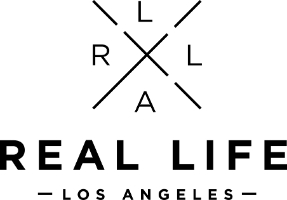
Eighty-five delegates from 41 locals held the third convention of the National Bricklayers Union in New York City to organize for the eight-hour workday. – 1868
A Brooklyn trolley strike began on this date and lasted until February 28. The militia was called out and martial law was declared in order to suppress it. Members of the Knights of Labor battled militiamen in the streets. – 1895
The trial of Suhr and Ford began on this date in Marysville, California. Suhr and Ford were IWW (Wobbly) organizers who were ultimately convicted for their alleged role in the gun battle at Durst Ranch in Wheatland. – 1914
A Philip Randolph, president of the Brotherhood of Sleeping Car Porters called for a March on Washington to demand racial integration of the military and equal access to defense-industry jobs. – 1941CLICK TO TWEET
Clinton-era OSHA issued a confined spaces standard to prevent more than 50 deaths and 5,000 serious injuries annually for workers who enter confined spaces. – 1993
The Pennsylvania Superior Court ruled that bosses can fire workers for being gay. – 1995
Some 14,000 General Electric employees struck for two days to protest the company’s mid-contract decision to shift an average of $400 in additional health care co-payments onto each worker. – 2003
A 15-month lockout by the Minnesota Orchestra against members of the Twin Cities Musicians’ Union, Local 30-73 ended when the musicians agreed to a 15 percent pay cut (management wanted up to 40 percent) and increased health care cost sharing. They did win a revenue-sharing deal based on the performance of the Orchestra’s endowments. It was the nation’s longest-running contract dispute for a concert orchestra. – 2014








No comments:
Post a Comment